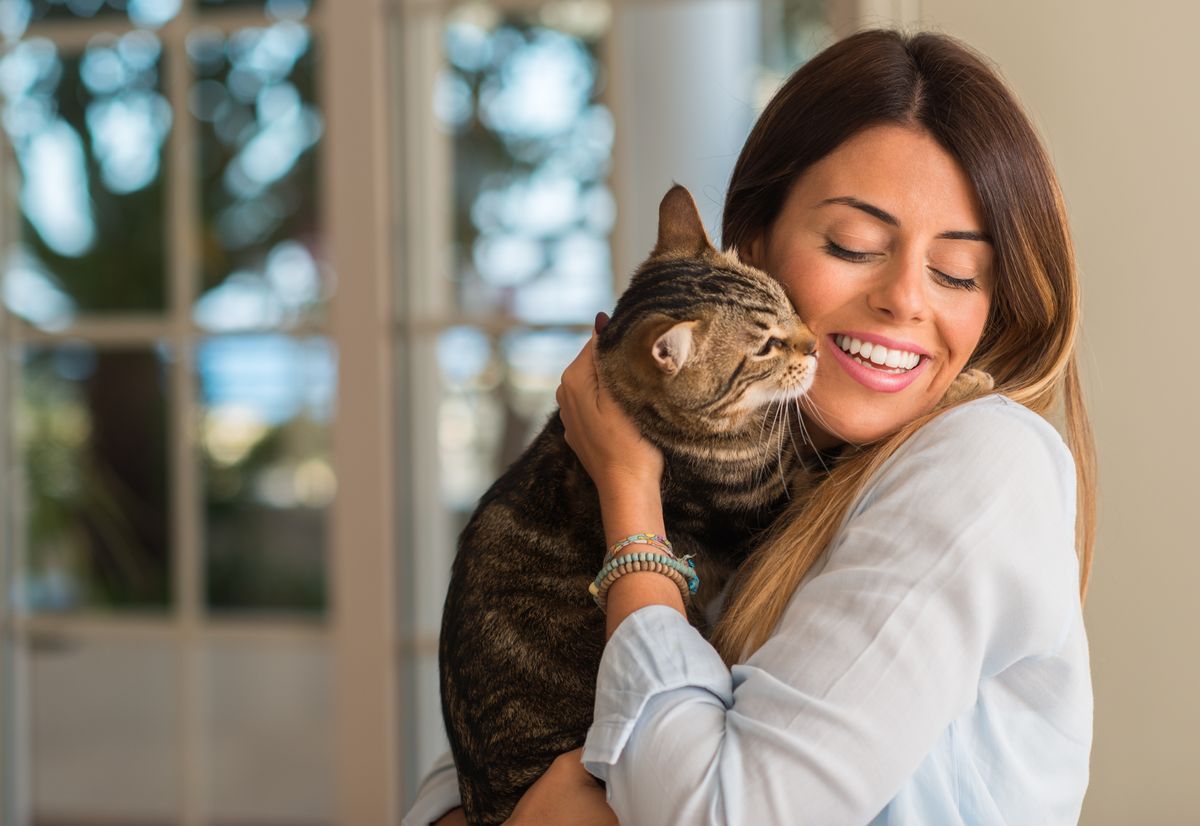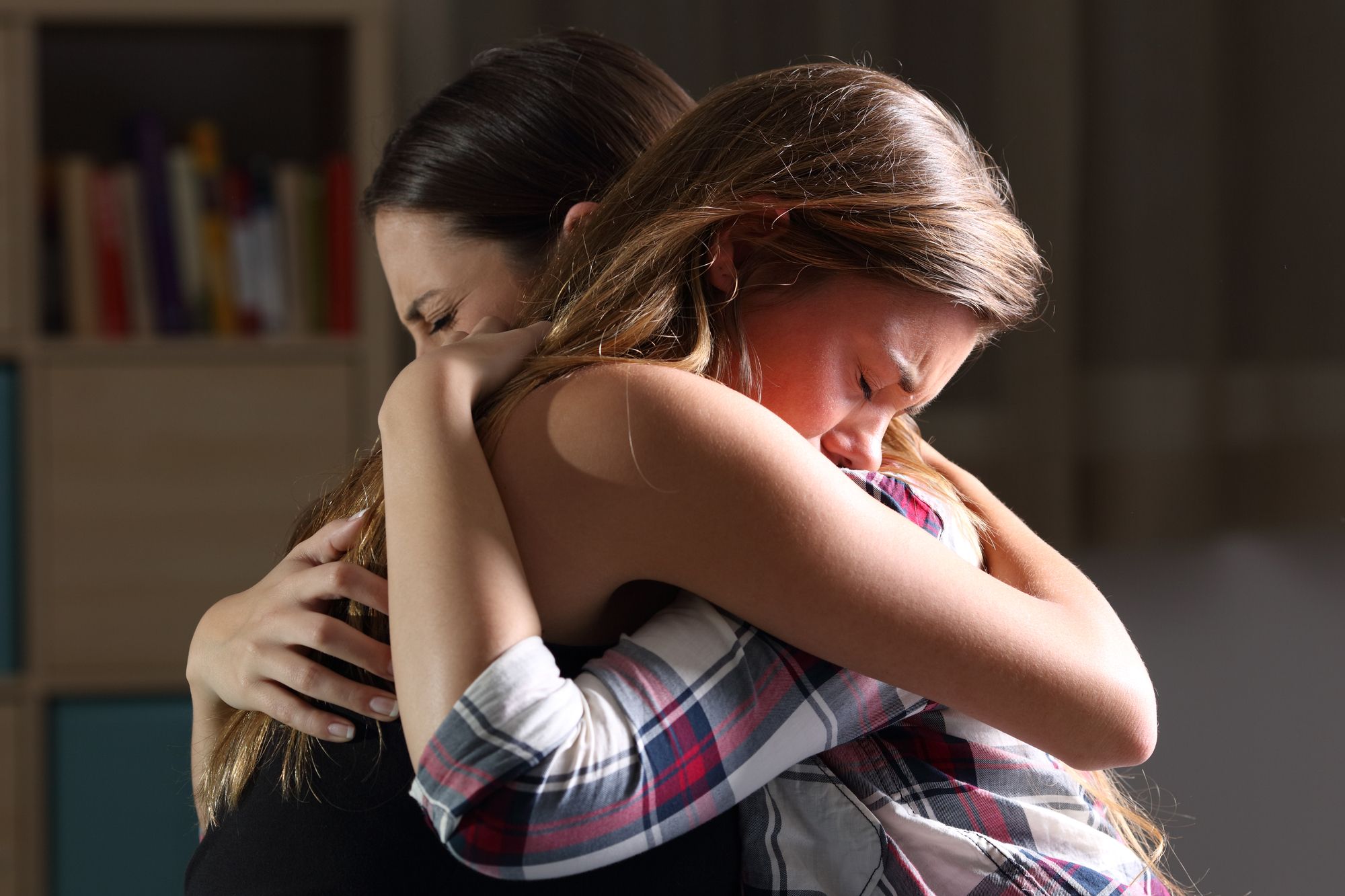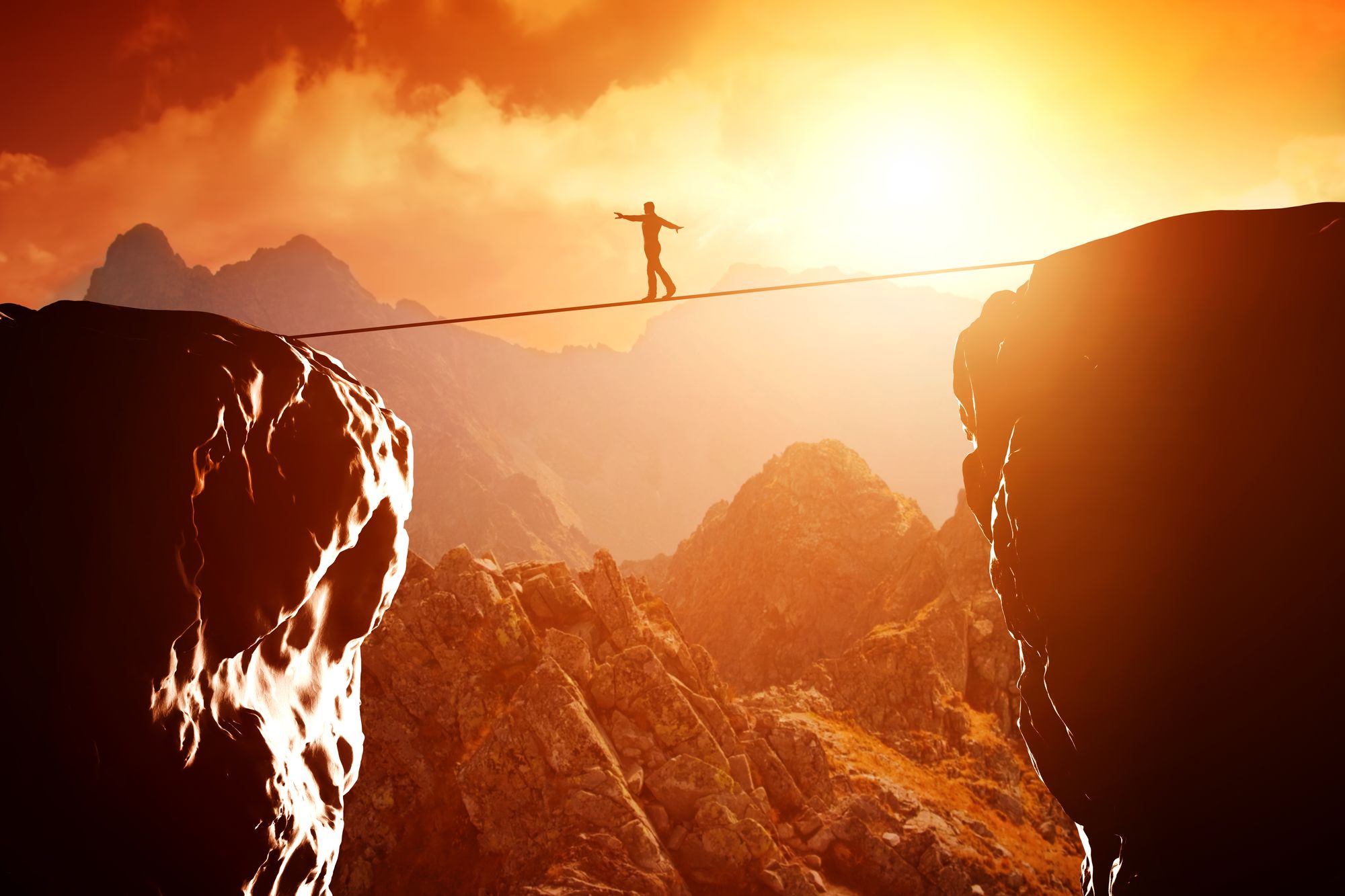Self-Compassion is Not Laissez-Faire
It’s the complete opposite

“Stop feeling sorry for yourself. Quit crying and do something to solve the problem instead!”
I’m sure you’ve heard of such words before. Some people who say these things mean well, believing that you’re stuck in a rut and just need to get a grip and climb back up. Unfortunately, people with this tough-love attitude, would also believe that self-compassion is just some wishy-washy, weak, and laissez-faire crap.
But no. They’ve got it all wrong. Self-compassion is the opposite of laissez-faire. I’ll show you how.
Self-compassion encourages you to face troubling, discomforting emotions, rather than running away from them
Some people believe that we have no time for emotions, that reflecting on our feelings is a waste of energy. They think that we ought to suppress our tears, not complain, and just get back to work. Some think that sadness, fear, and even guilt and shame, are signs of weakness.
My parents have repeatedly told me not to cry, to tone myself down. But stifling my feelings only made me feel worse. My parents grew up in a world where you had to swallow your sadness and anger to get along with others and survive. But in the long term, this dismissive attitude towards your feelings won’t help you. It will only make you avoid and fear your emotions.
In contrast, with self-compassion, we recognize that all emotions are human and valid. We may not feel how others want us to feel, and the emotions could make us miserable. Yet, when we are willing to experience these painful feelings, to process and make sense of them, then our feelings will calm down over time.

After experiencing that storm of emotions, you would probably have learned some important life lessons. In the book Unlocking the Emotional Brain: Eliminating Symptoms at Their Roots Using Memory Reconsolidation, Bruce Ecker, Robin Ticic, et al. show that when you are emotionally aroused, that is when your brain cells are the most volatile and open to change.
That’s why learning something intellectually is more surface-level than learning something through experience. If you go through a hardship, you will take the lesson more seriously than if you just read the theory behind this hardship.
Emotions are not merely annoying and uncontrollable things. We are born with feelings for a reason. Feelings tell us what’s going on in our bodies and our environment. They are warning signs.
If you feel uncomfortable every time you see someone, think seriously about why. No, it doesn’t mean that this person must be malicious. But pay attention to how you feel. Ask yourself where that discomfort comes from.
There were people in my life who triggered such discomfort, and I ignored these warning signs, thinking I was just being silly and unfair to them.
A former friend, let’s call her Rachel, was such an example. I felt unsettled, even fearful whenever I saw her name pop up in my WhatsApp or Facebook Messenger notifications.
My reaction was so odd because I rarely feel this way towards people. I’m usually a social butterfly who enjoys chatting with everyone. It was much later in our friendship that I figured out what was going on. Rachel demanded a lot of my time, energy, and even money that I felt exploited. She said things that made me feel guilty if I refused to help her.
There were other strange incidents that I had dismissed, such as when I got a call from a volunteer agency, saying that Rachel had put me down as her reference, when she had never asked for my permission.
Another time, she wanted to borrow my large roll of tape for a fundraising party. She requested that I climb all the way up the hill to the campus building where she was, rather than coming down to meet me, even though I was the one doing her a favor.
After the party, my roll of tape got lost, and Rachel blamed this on me, saying that it was my responsibility to get my tape back. I was stunned since it should be her responsibility to return the tape to me.
I will not go into details about how she made me wait two hours for her for our project meeting, without any contrite on her part. Or how she guilt-tripped me into spending countless hours editing her research papers.
I also won’t get into her borrowing my scientific calculator and never returning it, or having me pay for an expensive birthday dinner, promising to pay me back but never doing so.
In any case, please learn from my mistakes. Don’t ignore uncomfortable feelings. There’s a reason why someone would make you feel uneasy!

Self-compassion shows you that it’s okay to make mistakes and be imperfect. It frees you to act and take risks!
Maybe on a logical level, you understand that everyone makes mistakes. Nobody is perfect. But on a deeper level, do you believe that mistakes are not the end of the world?
So many of us were raised to believe that we had to perform perfectly. Every error was a mark of failure and shame, so we tried our best to avoid these failures at all costs.
And at a great cost, too. If you avoid making mistakes, that likely means you refuse to take risks. After all, why do something outside of the familiar, and risk doing something that would make you feel dumb?
But if you don’t take risks, you won’t learn. You won’t get anywhere, and you certainly won’t change your life for the better!
When you practice self-compassion, you give yourself empathy and forgiveness. You are kind and know that we all grow stronger after we fall. Failure is the mother of success.
Giving such warm understanding towards your blunders frees you to take action and change your life.
You will discover that rejections and criticisms from people, though painful, are survivable. And you could learn a lot from those experiences. In fact, I have come to appreciate rejections and criticisms.
Over this past year, I’ve been rejected by potential partners, close friends, past acquaintances, publishers, and employers. Does that make me a loser? No. Experiencing all of these rejections and surviving them, only made me more resilient.
I confessed my love to a close friend, and he responded by unfriending me and disappearing from my life. So I have already endured one of the worst possible kinds of rejection. The grief was immense, but I have supportive friends. I talked through my feelings and eventually came out stronger and wiser in life.
Criticisms have grown less scary to me, too. After getting some very hurtful criticisms about my personality, I suddenly realized that someone’s opinion of me is separate from the objective reality of me.
That realization made me a lot less defensive. Someone’s opinion of me doesn’t change the truth of what I am. I know what I am, and I don’t need anyone’s validation to be sure of myself.
On the other hand, if I receive fair criticism for my behavior, which I also did, then all I had to do was apologize, and promise never to do it again. It was mortifying to hear the criticism, and my body was flooded with panic, terror, and sheer adrenaline. But I survived that. I was okay.
Since that criticism came from a close friend who happened to use words that stung my weak spots, it’s unlikely that I will ever hear anything more painful. All other criticisms would pale in comparison.
Interestingly, some of the people who have given me the harshest rejections and criticisms, have also given me tremendous acceptance and high praise. Life is not black and white, all good or all bad.

Self-compassion gives you the courage to take responsibility for your life
It makes me sad how drastically people misunderstand self-compassion, believing that it gives us the excuse to do nothing.
Nope. Self-compassion is empowering and motivating. You develop a strong desire to help yourself, to create a happier life. Since you want to be happy, you are driven to take action and improve your life substantially.
Yes, there are plenty of things we can’t control. But even within these limits, there is so much we can do to change our situation. We’re not as helpless as we think!
I’m gay, transgender, Asian, and neurodivergent. So I got used to the idea that I have a lot of systemic barriers. While it’s true that barriers exist for minority folks, I had focused so much on my barriers, that I forgot about the wider context. I forgot about the various other factors that could affect our well-being.
For instance, I thought I had a disadvantage when it came to looking for relationships because of homophobia, transphobia, racism, and ableism. It seemed so impossible.
Yet, I found out later that other factors affect our attractiveness too, such as our communication skills, conflict resolution ability, emotional sensitivity, willingness to talk about our feelings, being both engaging and considerate, setting strong boundaries, being good at communicating consent, and other qualities.
While there will always be people who are biased against my minority identities, I don’t need to care about these people. If they are not interested in me, I am not interested in them, either. We don’t have enough time to engage with everybody, anyway.
It was encouraging that despite the systemic disadvantages I had, I still had some personal advantages that others found appealing.
Even for something as complicated as finding relationship partners, self-compassion was helpful to me. I empathized with my concerns about prejudice and discrimination, as they are valid concerns. At the same time, I emboldened myself to see that I have some power over the situation, too. There are some things I can do, as well as some good things in me that I can offer to others.
With self-compassion, I acknowledge my fears, but I also highlight my strengths and see that there is a way out. There is light at the end of this tunnel.

All in all, self-compassion is not an excuse to “wallow” or be “stuck doing nothing forever.” Rather, having compassion for yourself means growing kinder, more forgiving, but also stronger, braver, and more confident to take action and change your life.
Originally published in The Orange Journal on Feb 24, 2022



